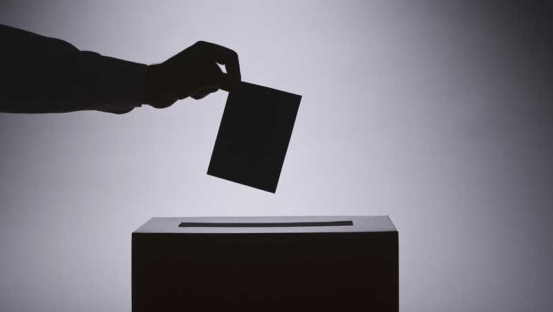×
The Standard e-Paper
Kenya’s Boldest Voice

Campaigns for the presidential race closed last evening with each of the two major political formations predicting a resounding round-one victory in Tuesday’s elections.
However, the narrow 8,000-vote-lead for Uhuru Kenyatta in 2013, and the change in the political terrain where the third candidate Musalia Mudavadi joined the opposition has made the prospects of a run-off real.